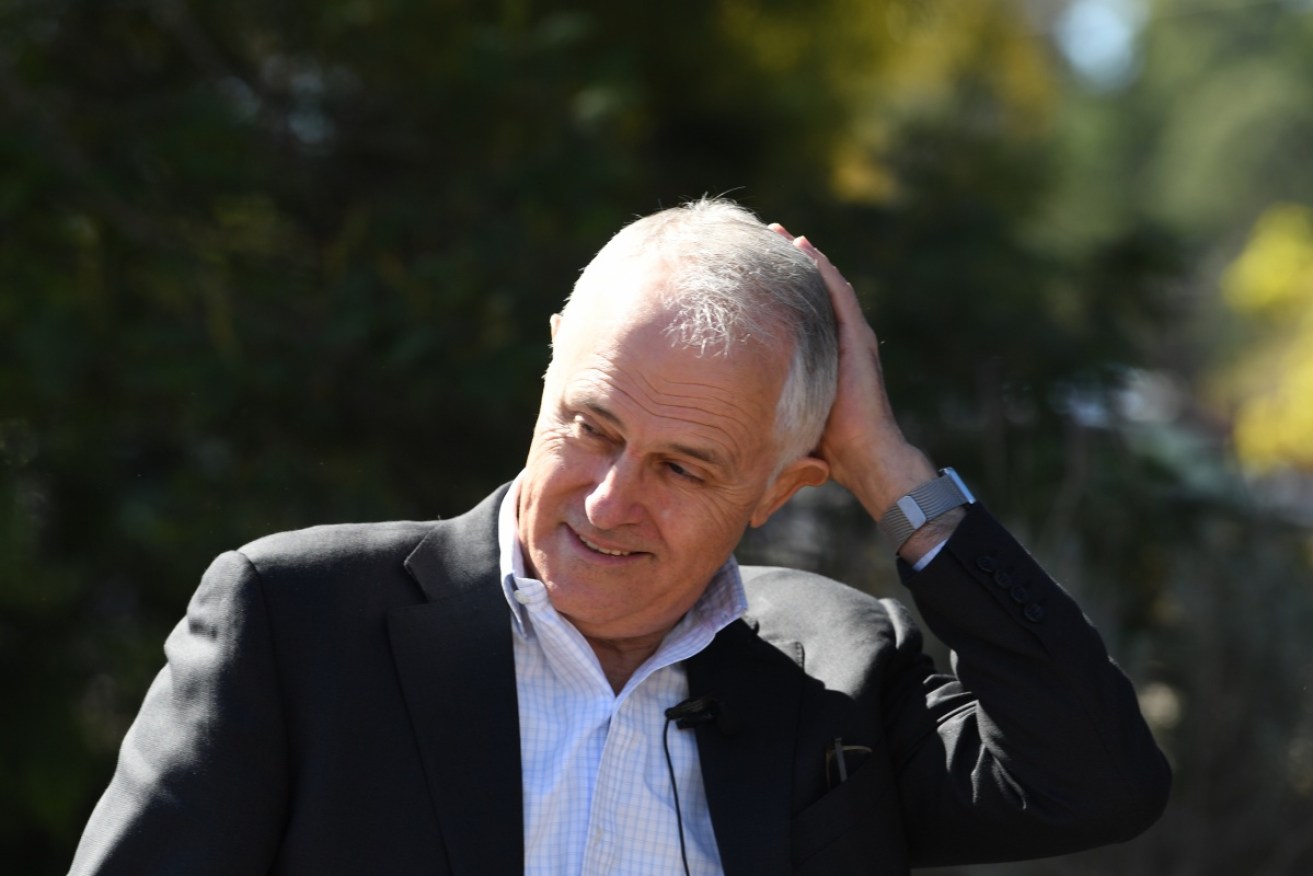Turnbull’s inept foes are all that’s keeping him afloat (for now)


Israel's 'Right to Return' policy could present problems for Australian MPs with Jewish heritage. Photo: AAP
As Prime Minister Malcolm Turnbull surveys the wreckage that is his government, bobbing on a sea of constitutional uncertainty, he may well reflect on the Scottish poem that warns “the best laid plans of mice and men often go awry”.
This is not how 2017 was meant to have played out.
After audaciously shifting his administration to the centre ground with the May budget and plotting a similarly courageous path to resolve the nation’s electricity difficulties, the PM could have expected disillusioned former Liberal voters to at least give him a second chance.
Once voters realised Mr Turnbull was a Man with a Plan, surely all would be forgiven.
But instead of being fêted as the nation’s prodigal son, Mr Turnbull is instead seen as the bumbling ringmaster trying to bring a deeply unamusing circus to order.
Thanks to the seeming inability of the Nationals’ administrative wing to adequately check its candidates would not fall foul of the Parliament’s citizenship requirements, the PM is letting the cabinet continue to make decisions even though three of its members may not be eligible to sit at that table.
Even worse, he is continuing to run a government that may not have the confidence of parliament if the numbers were tested after by-elections were held to replace ineligible “MPs”.
Then there’s that interminable tolling sound, the death knell being struck every time Newspoll hits the literal and virtual newsstands. According to the opinion poll sword by which PMs apparently live or die, Labor’s primary vote has outstripped that of the Coalition for the first time this year, and Bill Shorten is again closing in on Mr Turnbull as preferred PM.
If there’s any consolation the PM can take from any of this, it’s that things aren’t exactly going to plan for his opponents either.
In just over two weeks’ time, Mr Turnbull will have served as prime minister for longer than Tony Abbott. Mr Abbott is currently the 19th- longest serving PM, having held the job for one year and 362 days.
Mr Abbott was reportedly determined to stop Mr Turnbull from surpassing him on the prime ministerial league table, and has methodically been launching political cluster bombs to create the sense of crisis, despair and momentum needed to bring the Liberal Party’s leadership tensions to a head by September 12.
However, the citizenship imbroglio has put much of Mr Abbott’s handiwork into limbo, with the constitutional uncertainty acting as a blanket of fog that has dampened any sense of momentum that might have been gaining pace.
The uncertainty could prove to be a dampener for Mr Shorten and Labor too, now that questions have been raised over the Opposition Leader’s citizenship status, and that of several other Labor MPs.
Labor’s plan may well have been to sit back and watch the Turnbull government implode. However, it was an uncommon misstep when Mr Shorten refused on the politically popular Q&A program this week to produce documentary proof that he had renounced his British citizenship before running for Parliament.
The Labor leader was correct in suggesting that even if he did, there would still be conspiracists who claimed the proof was fake. There are plenty of Abbott birthers on social media who refuse to accept the authenticity of the document he hastily tweeted around the time Greens senator Scott Ludlam resigned over his dual citizenship. (Check out the responses to the tweet for a sample).
But given that Labor appears to have run a very tight ship on the matter of dual citizenship, reportedly even asking prospective candidates to list their grandparents’ places of birth on their application forms, why not take the high moral ground on the issue instead of being seen to obfuscate?
It’s faintly surprising Labor hasn’t orchestrated a bold solution to bring some order to the madness. This could be a private member’s bill setting up an independent citizenship office within the Parliament, similar to the Parliamentary Budget Office, to run the rule over every MP and Senator to determine their citizenship status at the time they ran for office.
Chaos may well be a ladder that allows the ruthless and ambitious to scramble over those they’ve vanquished. It certainly played that role for Mr Abbott and it may yet do the same for Mr Shorten.
But as we have seen with the constitutional omnishambles, voters are not that fond of chaos. They much prefer governments and parties who bring order, and can develop and realise their plans.








